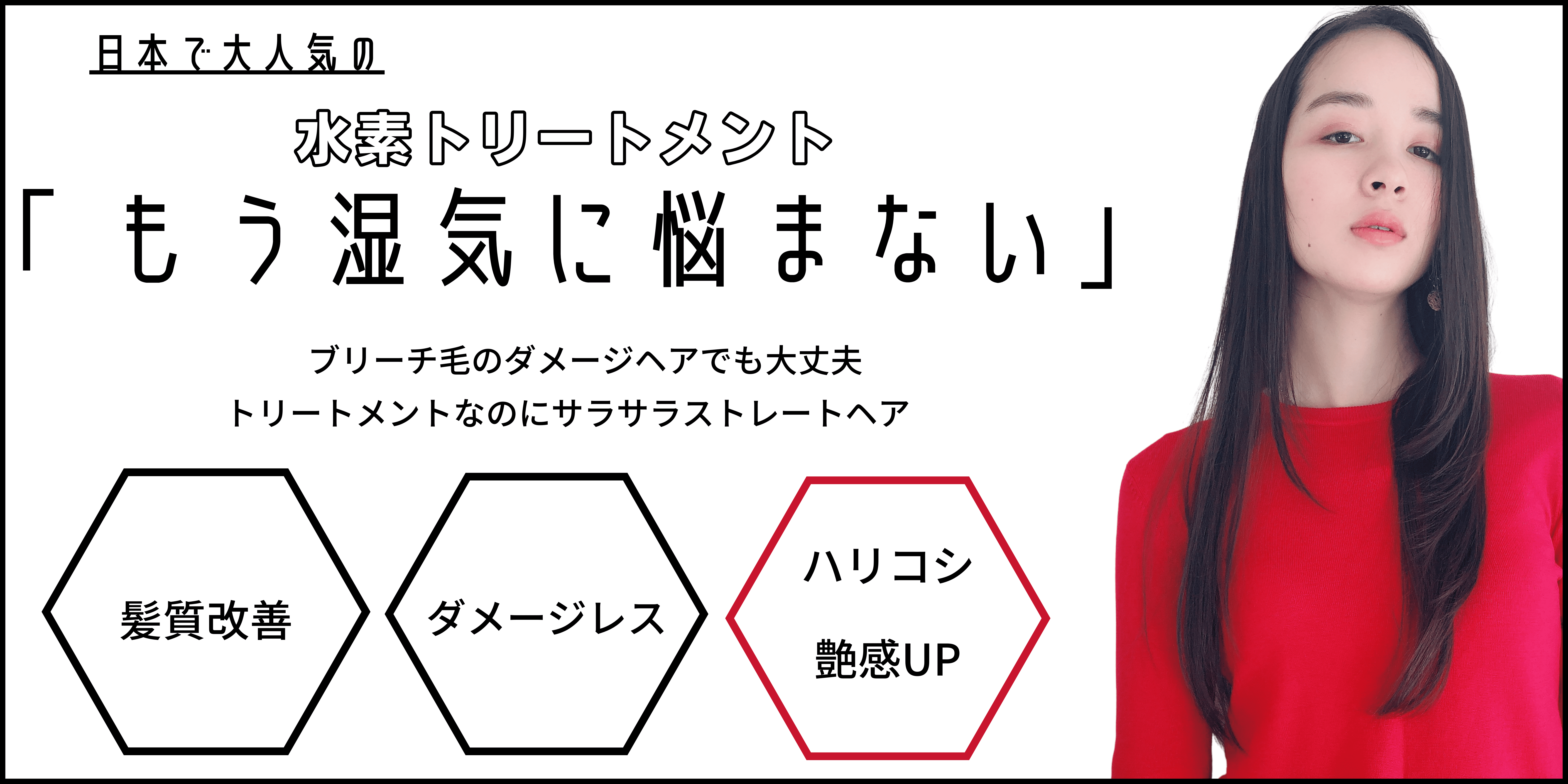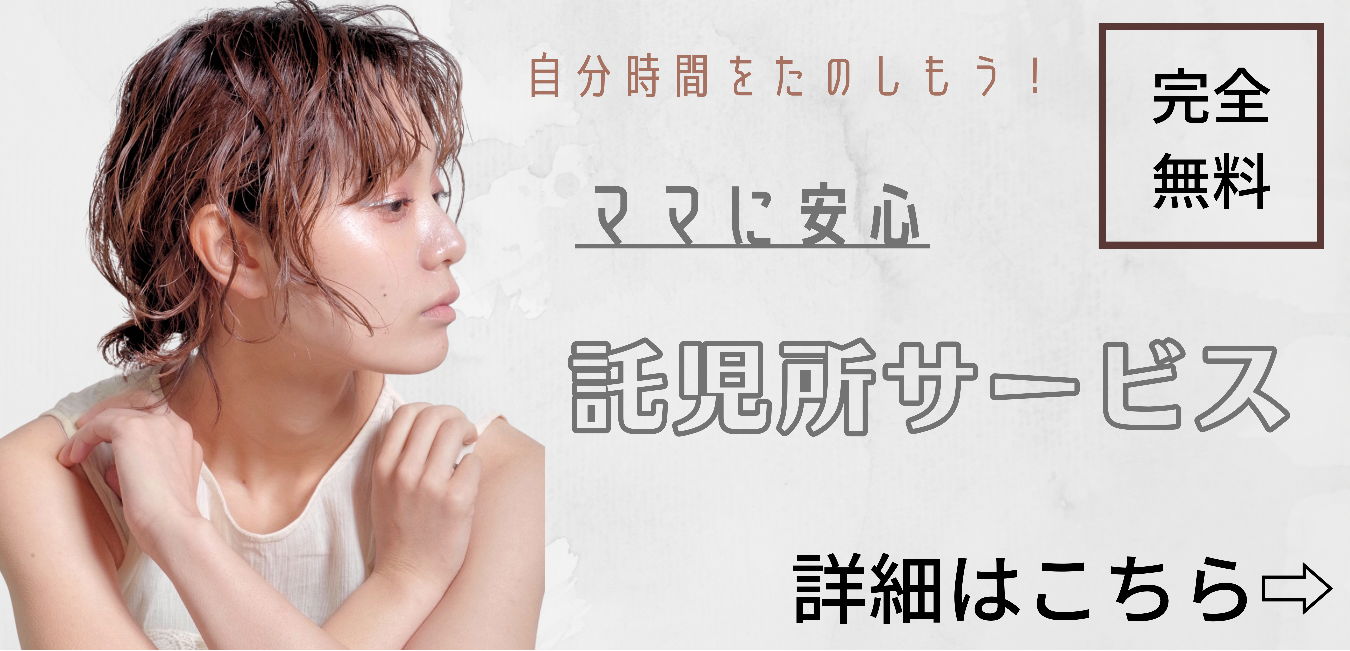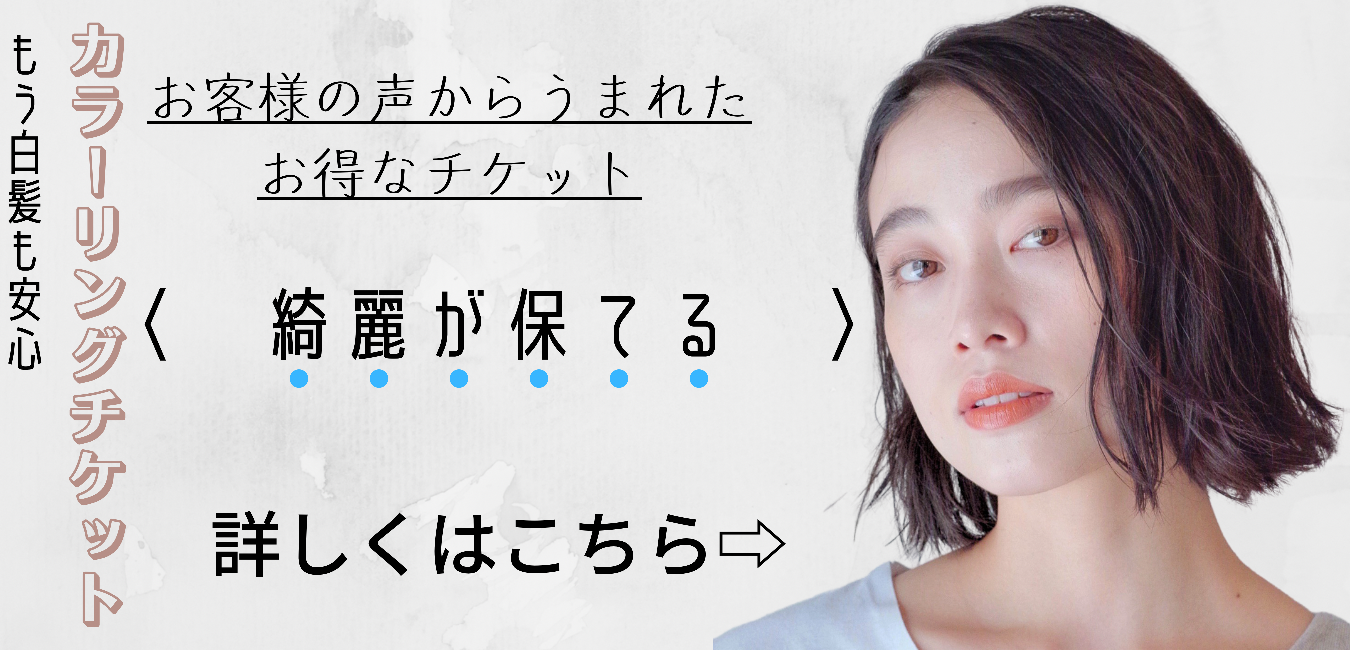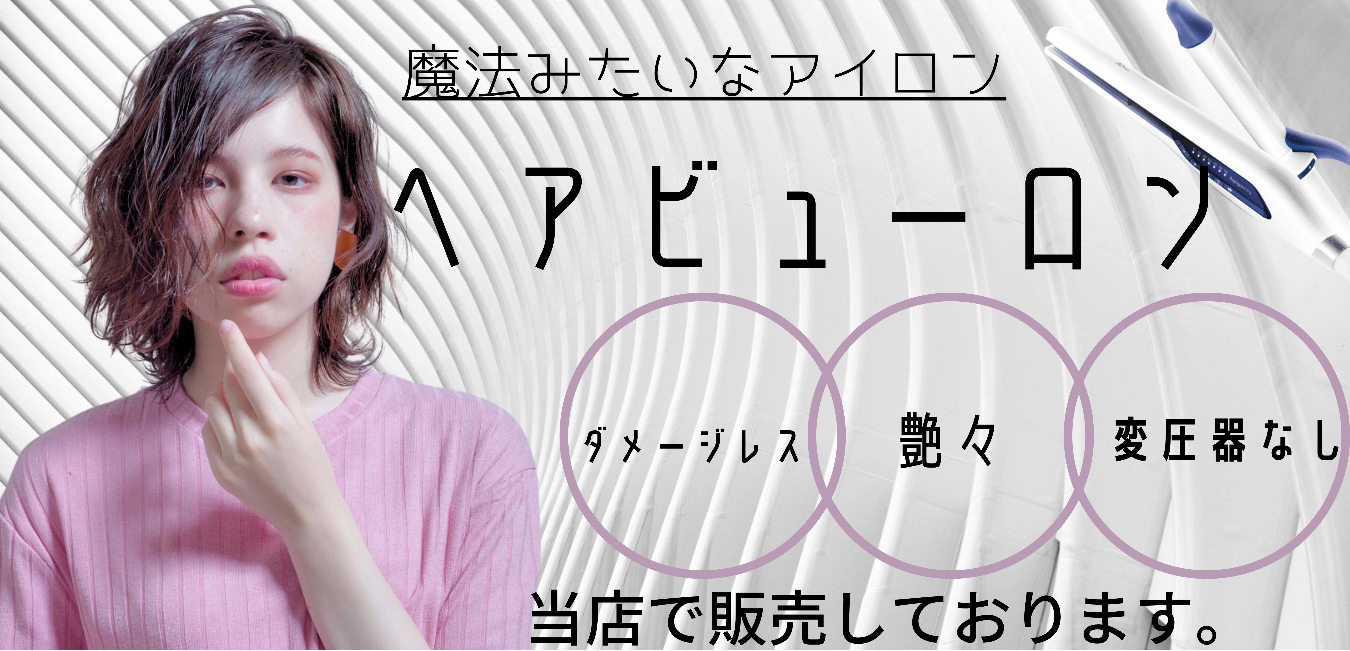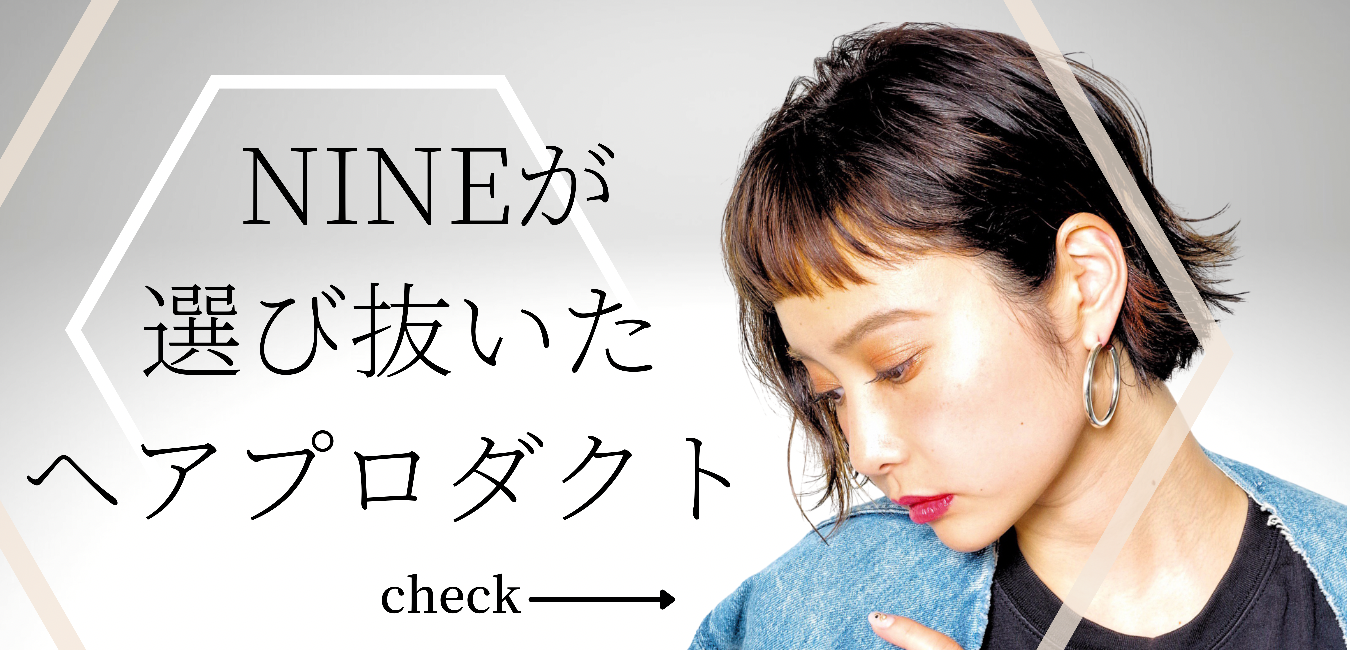
Women who notice an increase in hair loss when shampooing and thinning of their hair may be experiencing hair loss due to thyroid disease. In this issue, we will explain the relationship between thyroid hormones and hair loss and the characteristics of thyroid diseases.
Relationship between thyroid disease and hair loss
Hair loss in women is not uncommonly caused by female hormone imbalance and stress, but it can also be caused by a deficiency in thyroid hormone production.
Thyroid hormones are secreted by the thyroid gland, a small organ located in the neck. They play an important role in promoting metabolism, producing energy, and growing skin and hair.
Therefore, when a person suffers from a disease that causes a deficiency in the secretion of thyroid hormones, the hair does not grow back smoothly and hair loss becomes more noticeable.
What is hypothyroidism/Hashimoto’s disease with hair loss?
For example, “hypothyroidism” and “Hashimoto’s disease” are examples of diseases that cause insufficient thyroid hormone production.
Hypothyroidism is a disease in which the secretion of thyroid hormones is insufficient and the metabolism of the whole body declines. In addition to hair loss, symptoms such as fatigue, coldness, swelling, dry skin, weight gain, tendency to oversleep, depression, lethargy, abnormal menstruation, low voice, and constipation may also occur.
Hashimoto’s disease is a swelling of the thyroid gland caused by inflammation. Many people with Hashimoto’s disease have no symptoms, but symptoms of hypothyroidism may be present.
Can hair loss due to thyroid disease be cured?
Hair loss caused by hypothyroidism and Hashimoto’s disease can be corrected by treating these diseases. If the thyroid gland is underactive, treatment is used to supplement the deficient thyroid hormone levels with hormone medication.
These diseases may be cured with hormone medication, or hormone levels may have to be controlled while taking hormone medication for the rest of one’s life. However, as long as thyroid hormone levels are maintained in the normal range through treatment, it is possible to live a healthy life like a healthy person.
What kind of people are prone to thyroid disease?
So who is susceptible to hypothyroidism/Hashimoto’s disease? Men can also develop this disease, but women are more likely to develop it. It is a disease caused by an autoimmune abnormality, and although it is believed that the cause is related to body constitution and aging, it is not clear.
Since family heredity plays a role, if you have a family member with one of these diseases, it would be a good idea to have regular checkups at a thyroid specialist to detect the onset of the disease in its early stages. Since the neck may become swollen before the onset of the disease, we recommend that you see a doctor just in case you notice swelling in the neck, even if you do not experience any symptoms such as hair loss in your daily life.
Thyroid disorders are often mistaken for other diseases or overlooked. Women tend to be more susceptible to thyroid diseases, so it is important to understand the characteristics of thyroid diseases to protect your hair and body health.






